New GICH Senior Year Program
(Atlanta November 2023) GICH Senior Year is a new, competitive program for GICH Certified Alumni Communities with a mission to holistically invest affordable housing funds into Georgia communities based on their strategic vision. The goal for The Georgia Department of Community Affairs (DCA) is to braid targeted investments in 1-2 targeted and competitively selected alumni communities. Those braided investments may include guaranteed awards or strong competitive advantage within LIHTC, CHIP, and CDBG. As an expansion of the GICH curriculum, participants will receive targeted technical assistance and education from DCA and other housing and community development experts on how to best implement their communities housing plans. Participants will also be eligible to receive select DCA funding resources that result in direct housing investments. Two awardees will be selected for the first two-year cohort, and applications will be released later this year.
GICH Senior Year will be a competitive program. Selection will follow a similar process to the initial GICH award, with an initial application round open to all active GICH communities, followed by a final candidate pool for in person visits that will determine final award(s). Once final awards are determined, a targeted technical assistance panel will be identified and implemented to build on community vision and prepare DCA funds in support of braided DCA awards.
GICH Senior Year will provide participating communities with a full suite of DCA programs and allow communities to build capacity to plan for and administer DCA funds and to solicit and select development partners. Communities will receive intentional investments in affordable rental and for sale housing paired with community amenities. The long-term goals for the GICH Senior Award is to demonstrate to the state the transformative value of integrated housing strategies that maximize combined impact of DCA programs, build a stronger ecosystem that addresses critical community housing issues, and enhances benefits of community stability and increased incomes.


